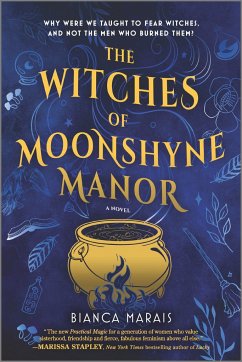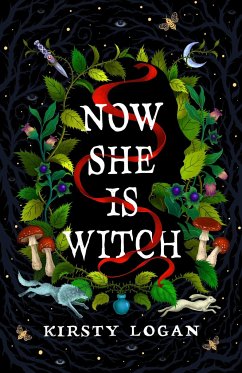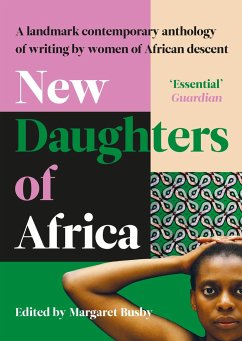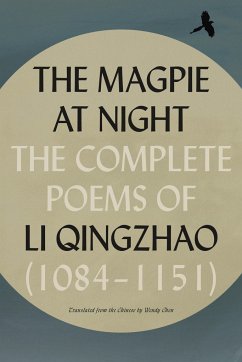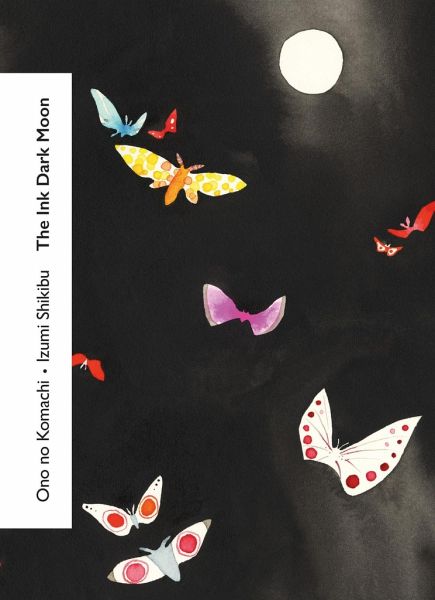
The Ink Dark Moon

PAYBACK Punkte
5 °P sammeln!
Here is a collection of sexy, brief, fleeting poems about love, lust and longing. They originate from a time in Japanese history where aristocratic women of the Heian court were free to marry and conduct love affairs according to their desires. Education and refinement were so highly valued that the courtly manner of expressing oneself, whether to give condolences for a death, to send back a forgotten fan, or to heighten the anticipation of a lover's visit, was with a poem of just five lines. A convention of secrecy surrounding love affairs fills these verses with palpable emotion. These vivid...
Here is a collection of sexy, brief, fleeting poems about love, lust and longing. They originate from a time in Japanese history where aristocratic women of the Heian court were free to marry and conduct love affairs according to their desires. Education and refinement were so highly valued that the courtly manner of expressing oneself, whether to give condolences for a death, to send back a forgotten fan, or to heighten the anticipation of a lover's visit, was with a poem of just five lines. A convention of secrecy surrounding love affairs fills these verses with palpable emotion. These vivid and erotic poems express love in all its forms, and do so with amazing economy of words, unforgettable imagery and breath-taking modernity. INTRODUCED BY NIKITA GILL 'They are full of dreams, of autumns, of lovers known or not yet met, of desire, wonderment, loneliness' Irish Times Translated by Jane Hirshfield with Mariko Aratani, this is an edition that brings the story of the poems to life with a detailed introduction and notes on the translation.






